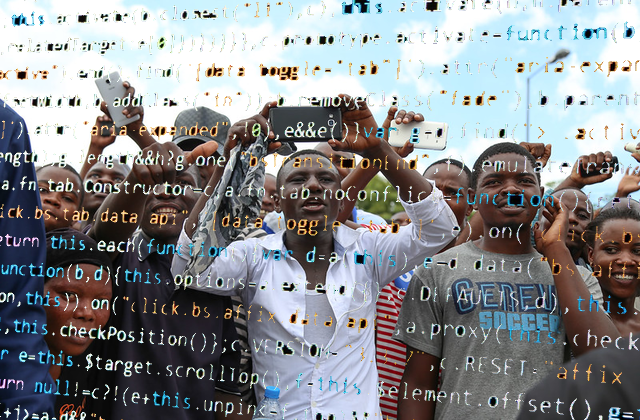Lessons Learned in Digital Development Projects
There are many lessons that have been learned from the use of ICT4D (Information and Communication Technologies for Development) to support development goals and address social and economic challenges in developing countries. Some examples include:
- The importance of context: ICTs need to be understood and used in the context of the specific social, economic, and political conditions in which they are being deployed. This means considering the needs and priorities of the communities and individuals being served, as well as the local infrastructure and resources available.
- The need for sustainability: ICT projects and initiatives need to be sustainable in order to have long-term impact. This means considering the financial, technical, and human resources required to maintain and support the use of technology over time.
- The role of partnerships: ICTD projects and initiatives often involve partnerships between different stakeholders, including governments, development organizations, private sector companies, and local communities. These partnerships need to be well-coordinated and managed in order to be effective.
- The importance of user-centered design: ICTD projects and initiatives should be designed with the needs and perspectives of the users in mind. This means considering the barriers and challenges that users may face in using technology, and designing solutions that are accessible, user-friendly, and culturally appropriate.
Overall, these lessons highlight the need to approach the use of ICTs for development in a holistic and context-specific way, in order to ensure that they are used effectively and sustainably to benefit communities and individuals.
8 Lessons Learned from Building My First Custom GPT
I am Mike Meyers and I just published my first custom GPT—a learning advisor designed to guide you through a streamlined version of a process I’ve relied on...
5 Stages of Digital Adoption by Smallholder Farmers in Southeast Asia
There are over 70 million small family farms in Southeast Asia. These farming businesses typically face a range of challenges in accessing credit, advice, and markets....
7 Lessons Learned Using Chatbots in Humanitarian Programs
A chatbot can be defined as “a computer program designed to simulate conversation with human users, especially over the Internet”. Chatbots are trained to respond...
Lessons Learned about Distance Education for Teacher Training
How has distance education for teacher professional development changed in the past decade, especially as a result of COVID-19? Addressing this question was one...
5 Lessons Learned From Investing in Libraries for National Development
Beyond Access was the first major global attempt to connect the international development and public library worlds. Taking the form of a series of projects in...
5 Lessons Learned Using Digital Financial Services for COVID-19 Relief
Many countries have launched unprecedented relief packages to cushion the economic and social impact of the COVID-19 pandemic. Information is still limited on how...
Why ICT4D Projects Fail Even With Community Engagement
Successes in development projects are often reported but failures, however minor, are typically omitted from many types of reports. This is not a helpful practice...
3 Lessons Learned Implementing Digital Health Systems During COVID-19
In early 2020, when COVID-19 emerged as a global pandemic and urgent public health crisis, countries all over the world scrambled to develop a rapid and effective...
8 Lessons Learned Making Digital Finance Work for Women in MENA
Despite progress over the past few years, the Middle East and North Africa (MENA) region still has the largest gender gap in terms of women’s economic participation...
Lessons Learned Measuring, Evaluating, and Learning with Big Data
The world today is more connected, interdependent, and data-rich than at any time in human history. Yet we increasingly see populations divided into those who benefit...












